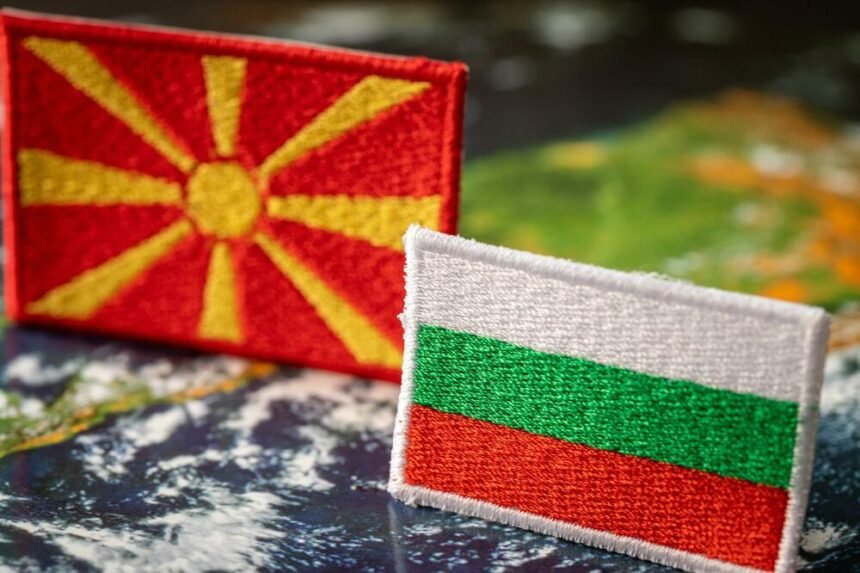The new Bulgarian government has announced it will not negotiate with North Macedonia on easing the conditions under which Skopje could begin EU accession talks, according to the Brussels-based portal Euractiv.
Bulgaria and North Macedonia reached an agreement three years ago, mediated by France, to make mutual concessions to unblock the European integration process in the Balkans. At the time, the government in Skopje, led by the now-opposition social democrats, agreed to include the Bulgarian minority in North Macedonia’s constitution. In return, Sofia promised to lift its veto on the start of EU membership talks for North Macedonia.
However, in May 2024, the nationalist party VMRO-DPMNE came to power in North Macedonia, winning elections with strong anti-Bulgarian rhetoric and promises not to make concessions to Sofia. Its leader, Hristijan Mickoski, became prime minister.
“Mickoski claimed that he was waiting for the formation of the government in Sofia to start negotiations for lifting the Bulgarian veto, but the first signals suggest that the dialogue will not be renewed. Bulgaria reminds that the inclusion of the Bulgarian minority in the Constitution of North Macedonia is not a bilateral issue but a condition set by Brussels for Skopje,” Euractiv reports.
The article also cites an unnamed Bulgarian minister stating that Bulgaria remains “extremely consistent” in its policy towards the Western Balkans and the European integration of all countries in the region.
“There is a European consensus, known in Bulgaria as the ‘French proposal,’ which will be strictly followed. What has been agreed upon is not a bilateral issue between Sofia and Skopje, but between Brussels and our neighbors from North Macedonia,” said the minister, according to Euractiv.
Mickoski’s party continues to insist that constitutional amendments be adopted now but take effect only after North Macedonia joins the EU to avoid the risk of Bulgaria imposing a new veto on other grounds.
Prime Minister Mickoski noted that he has sought meetings with representatives of the Bulgarian government.
“I’ve had meetings with Bulgarian leadership at the highest level in the past, including with their then-interim prime minister. I expect meetings with the Bulgarian government at different levels, and this should not surprise us. Neither will we disappear, nor will they, and we will continue to be neighbors. We must build good neighborly relations, but that does not mean we agree on every issue where we have differences,” Mickoski said.







